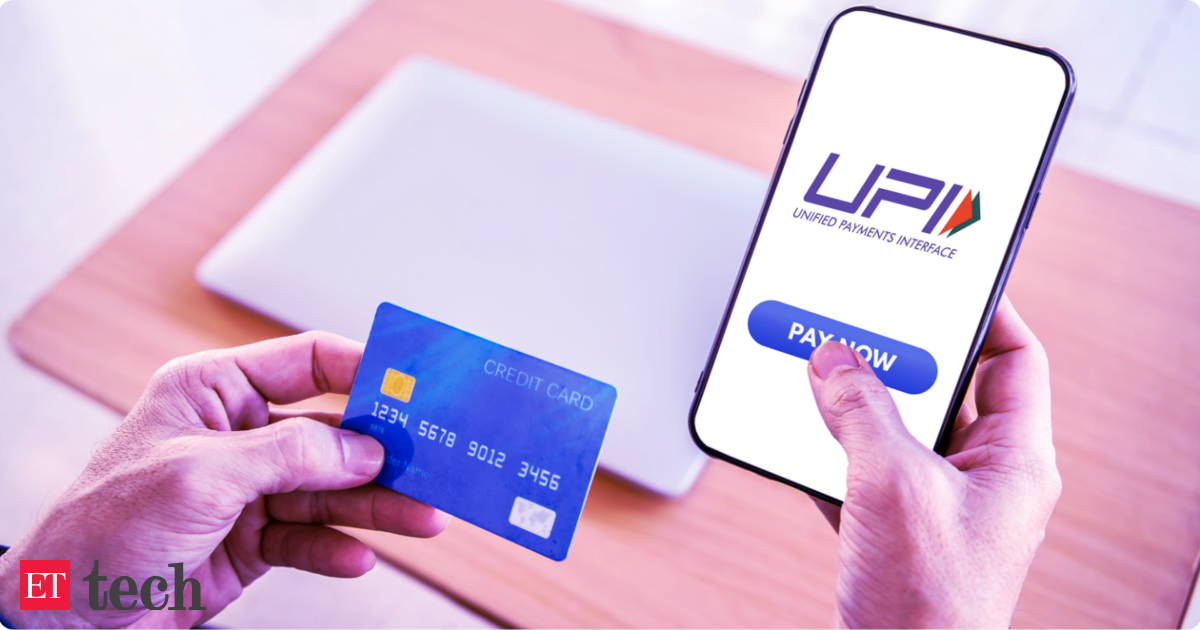Among the most popular retail payment methods, debit cards have seen a significant decline in recent years, but now that UPI is being built for all forms of retail digital payments, some of the core use cases for these cards will also be challenged.
Data of the Reserve Bank of India Data shows that the use of debit cards in payments to merchants has dropped from 312 million two years ago to 144 million in July 2024. According to industry experts, this decline is only likely to accelerate.
“UPI is being built as a payments network to do almost everything that consumers could do with their debit cards and the idea is to promote this local payments network that can support all forms of digital payment needs of consumers,” said a senior banker at a Mumbai-based private sector lender.
Read also: Debit cards lose ground as UPI becomes default mode in e-commerce
For instance, delegated payments through UPI, known as UPI Circle, allows users to authorise their children or elderly parents to make transactions from their UPI-linked account. This could pose a direct threat to banks’ add-on debit cards, which are typically issued to family members.
Discover the stories that interest you
A supplementary card is a complementary debit card linked to the primary account holder’s account, usually provided to spouses, children or parents, allowing them to access funds in the primary account. Major UPI players like Amazon Payment, Google PayCurrently, PhonePe and Bharat Interface for Money (Bhim), run by the National Payments Corporation of India, are testing the UPI Circle feature with a closed group of users and are It is expected to be launched in the coming months.as ET reported on September 3.
Secondly, the introduction of UPI ATMs that offer cardless cash withdrawals and deposits through any UPI-enabled app, along with other banking services, could reduce the cost of operating these terminals.
“If there is no card-accepting device, the cost of the machine can be drastically reduced. In addition, it eliminates the need to capture the user’s personal identification number,” said Alok Singh, executive vice president of AGS Transactional Technologiesa provider of digital payment solutions and automation technology for ATMs and cash recycling machines.
In general, the mandate for the National Payments Corporation of India (NPCI) aims to create UPI as a universal retail payments platform and connect all forms of retail use cases on top of it. As UPI expands to cover multiple functions, it increasingly diminishes the single role that debit cards once held, industry executives added.
By reducing the issuance of debit cards, banks can also save significant costs. Debit cards, which feature features such as NFC (near field communication) and a smart chip for point-of-sale payments, are expensive to produce and maintain.
“It costs around Rs 150-200 to issue a debit card, send it to customers and activate it, and then the bank has to spend a good amount of money to manage the life cycle of the card for the next five to seven years. If UPI does the same, people will have no need to use debit cards,” said Mahesh Patel, director, Hitachi Payments, which recently partnered with NPCI to develop an Android-based cash recycling machine.
This decline in debit cards continues as UPI transactions are hitting new all-time highs and more Indians are starting to use credit cards for their daily purchases. Industry experts believe that going forward, banks will focus more on creating innovative rewards and cashback programs on credit cards, which are finding increasing acceptance.
Disclaimer:
The information contained in this post is for general information purposes only. We make no representations or warranties of any kind, express or implied, about the completeness, accuracy, reliability, suitability or availability with respect to the website or the information, products, services, or related graphics contained on the post for any purpose.
We respect the intellectual property rights of content creators. If you are the owner of any material featured on our website and have concerns about its use, please contact us. We are committed to addressing any copyright issues promptly and will remove any material within 2 days of receiving a request from the rightful owner.


